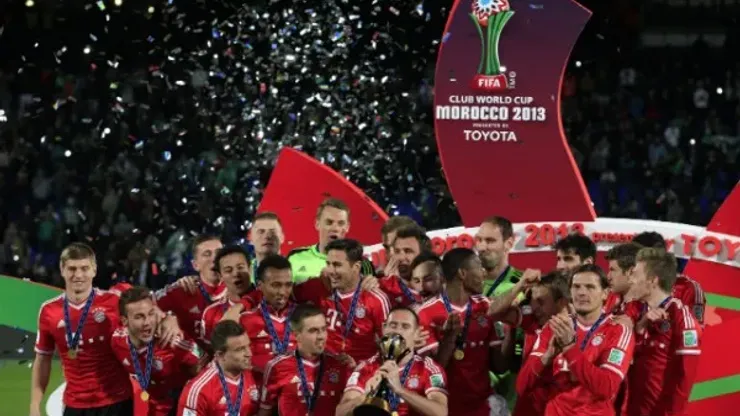FIFA have confirmed that Morocco will continue as hosts of the Club World Cup despite the country’s refusal to hold the African Nations Cup due to concerns over the spread of the Ebola virus.
Morocco recently declined to hold the African Nations Cup between January 17 and February 8, 2015 because of the risks associated with Ebola, which has so far infected more than 10,000 people and killed nearly 5,000 people and is the worst epidemic known since the virus was first identified in 1976.
But today, in a statement posted on its official Twitter account, FIFA said the Club World Cup will still be hosted by the North African country.
Statement: The #ClubWC 2014 will take place in Morocco and all preparations continue as planned. http:\/\/t.co/IqA551tTy2
— FIFA Media (@fifamedia) November 12, 2014
“The 2014 World Club Cup will be held in Morocco and all preparations are continuing on schedule,” the post read.
This means Morocco will host the 10-day tournament, which features Champions League winners Real Madrid, starting on December 10th with the final scheduled for December 20th. The Club World Cup brings together the champions of each of FIFA’s six conferences and the national league champion of the host country. Matches will be played in Rabat and Marrakesh.
The remaining participants are: San Lorenzo (South America), Auckland City (Oceania), Cruz Azul (Central America), Moghreb Athletic Tetouan (Africa – hosts), Sydney Wanderers (Asia) and Entente Setif (Africa).
In late October, FIFA outlined a set of recommendations in a bid to prevent the spread of the virus.
In addition to requesting that clubs perform “medical checks” on players returning from matches involving high-risk nations, FIFA supported Confederation of African Football’s decision to move fixtures featuring Liberia, Sierra Leone and Guinea to a neutral venue.
FIFA also urged the “immediate isolation” of any player displaying Ebola symptoms ahead of an international fixture, while instructing those from the worst-hit countries to perform self check-ups.
Fans will also be provided with information regarding Ebola prevention ahead of fixtures where they face a potential risk of contracting the virus.
FIFA says it will continue to work with the WHO to assess the evolution of the illness and “take the appropriate measures for the communities and athletes.”
200+ Channels With Sports & News
- Starting price: $33/mo. for fubo Latino Package
- Watch Premier League, Women’s World Cup, Euro 2024 & Gold Cup
The New Home of MLS
- Price: $14.99/mo. for MLS Season Pass
- Watch every MLS game including playoffs & Leagues Cup
Many Sports & ESPN Originals
- Price: $10.99/mo. (or get ESPN+, Hulu & Disney+ for $14.99/mo.)
- Features Bundesliga, LaLiga, Championship, & FA Cup
2,000+ soccer games per year
- Price: $5.99/mo
- Features Champions League, Serie A, Europa League & Brasileirāo
175 Premier League Games & PL TV
- Starting price: $5.99/mo. for Peacock Premium
- Watch 175 exclusive EPL games per season






